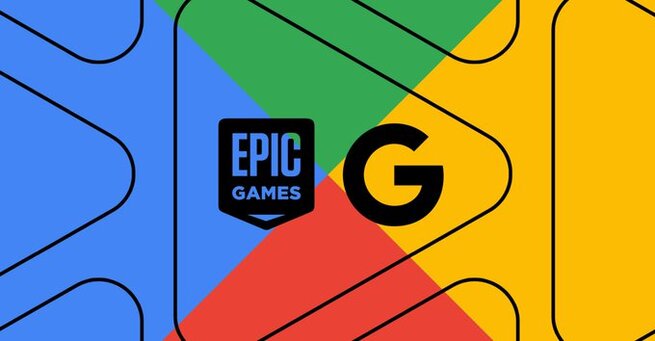Alerts

Google’s new deadline for Epic consequences is October 29th, marking another twist in the long-running legal battle between the tech giant and Epic Games. The deadline extension follows a joint request from both companies, shifting the original date from October 22nd to October 29th.
US District Court Judge James Donato approved the one-week delay, pushing back the enforcement of his permanent injunction that would require Google to open up its Play Store and allow developers more freedom in how they process payments.
The injunction, part of the Epic v. Google case, aims to stop Google from forcing developers to use Google Play Billing and let them set their own prices freely. This move was celebrated by Epic CEO Tim Sweeney, who described the original October 22nd date as a historic win for developers — granting them the right to direct users to out-of-app payments without extra fees or friction.
However, this sudden extension raises questions about what’s happening behind the scenes. Neither Google nor Epic has provided a clear explanation for the joint delay request.
While it’s unclear why Google requested the delay, the company has consistently stated it will comply with legal obligations even as it continues its appeal. It’s possible Google needed additional time to prepare for the wide-ranging changes the injunction demands, such as removing language that enforces Play Billing requirements on its developer pages.
Epic, despite its earlier celebrations, also agreed to the postponement — suggesting possible behind-the-scenes negotiations or final compliance logistics.
When October 29th arrives, developers and users alike will be watching closely to see how Google updates its Play Store policies. If the injunction goes into effect as planned, developers will legally be allowed to bypass Google Play Billing in the U.S., directing users to alternative payment options.
This could reshape the Android app economy — potentially reducing Google’s app store commission revenue and creating new opportunities for developers seeking more control over their pricing and transactions.
There’s still a chance that Google could avoid these changes temporarily. The company has indicated it intends to file an appeal with the U.S. Supreme Court, which could grant a stay before the new deadline. If that happens, enforcement could be delayed further, prolonging uncertainty for developers and users awaiting a freer, more competitive Play Store ecosystem.
Though it’s only a seven-day extension, the shift to October 29th is far from insignificant. The Epic v. Google case continues to be a defining moment for digital marketplace regulation, with ripple effects likely to influence how app distribution and billing work across mobile platforms worldwide.
For now, all eyes are on Google’s next move — and whether it will truly open up the Play Store as promised when Google’s new deadline for Epic consequences is October 29th.
𝗦𝗲𝗺𝗮𝘀𝗼𝗰𝗶𝗮𝗹 𝗶𝘀 𝘄𝗵𝗲𝗿𝗲 𝗿𝗲𝗮𝗹 𝗽𝗲𝗼𝗽𝗹𝗲 𝗰𝗼𝗻𝗻𝗲𝗰𝘁, 𝗴𝗿𝗼𝘄, 𝗮𝗻𝗱 𝗯𝗲𝗹𝗼𝗻𝗴. We’re more than just a social platform — from jobs and blogs to events and daily chats, we bring people and ideas together in one simple, meaningful space.
